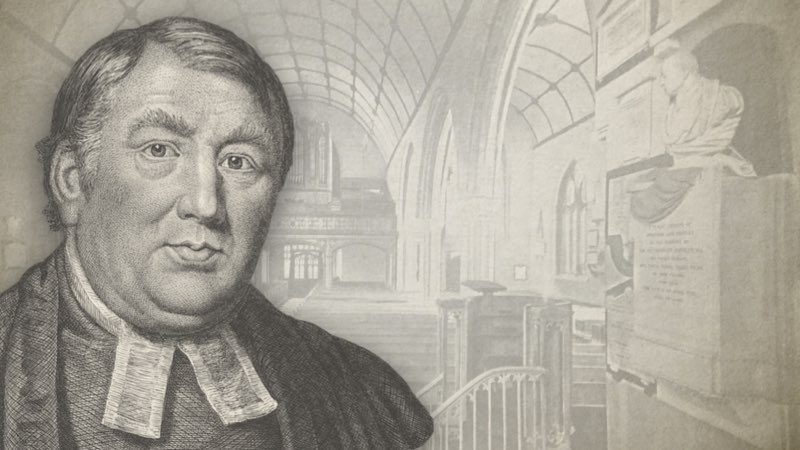
June 17—Morning Devotion
“He restoreth my soul.”—Psalm 23:3
Yes, Lord, it is indeed thou that bringest back the strayed sheep; for as no man ever quickened, so none can keep alive his own soul. It was indeed thy promise, and most graciously dost thou fulfil it!—”As a shepherd seeketh out his flock in the day that he is among his sheep, so will I seek out my sheep, and bring again that which was driven away.” Ezek. xxxiv. 11-16. My soul, mark this trait of character in thy Jesus for thy morning meditation. It is well for thee that restoring work, reclaiming work, reviving work, all is with Jesus; begins in him, and is carried on and completed by him, and through his grace in thee. And it is well for thee, my soul, that though thou so often failest in all things towards thy Jesus, yet he never faileth in his love to thee in any thing. Sweet consideration! his love, and not thy deserts, become the standard for all his tenderness to his people. And mark it down, my soul, in strong characters, that Jesus’s grace is much shewn this way. He doth not wait our return, for then we should never return at all; neither doth he wait our cry for help, but he puts that cry into the soul. Alas, how often have we wandered and gone away, even before that we were sensible of our departure. How blessed is it then to see and know that Jesus’s eye is upon us, and that before we return to him, he is coming forth to us. His love, his pity, his compassion, are the security of his people’s recovery. Yes, Lord, it is thou that restorest my soul. Praises to thy name, for thou doest it all in such a way as proves it to be for thy great name’s sake, that thy grace comes freely and without upbraiding. “He restoreth my soul, and leadeth me in the paths of righteousness for his name’s sake.”
Robert Hawker (1753-1827) was an Anglican (High-Calvinist) preacher who served as Vicar of Charles Church, Plymouth. John Hazelton wrote of him:
“The prominent features…in Robert Hawker's testimony…was the Person of Christ….Dr. Hawker delighted to speak of his Lord as "My most glorious Christ.” What anxious heart but finds at times in the perusal of the doctor's writings a measure of relief, a softening, and a mellowing? an almost imperceptible yet secret and constraining power in leading out of self and off from the misery and bondage of the flesh into a contemplation of the Person and preciousness of Christ as "the chiefest among ten thousand and the altogether lovely." Christ and Him crucified was emphatically the burden of his song and the keynote of his ministry. He preached his last sermon in Charles Church on March 18th, 1827, and on April 6th he died, after being six years curate and forty-three years vicar of the parish. On the last day of his life he repeated a part of Ephesians 1, from the 6th to the 12th verses, and as he proceeded he enlarged on the verses, but dwelt more fully on these words: "To the praise of His glory Who first trusted in Christ." He paused and asked, "Who first trusted in Christ?" And then made this answer: "It was God the Father Who first trusted in Christ."
Robert Hawker on the Biblical Covenants (Complete)
Robert Hawker's Poor Man's Morning Portions




